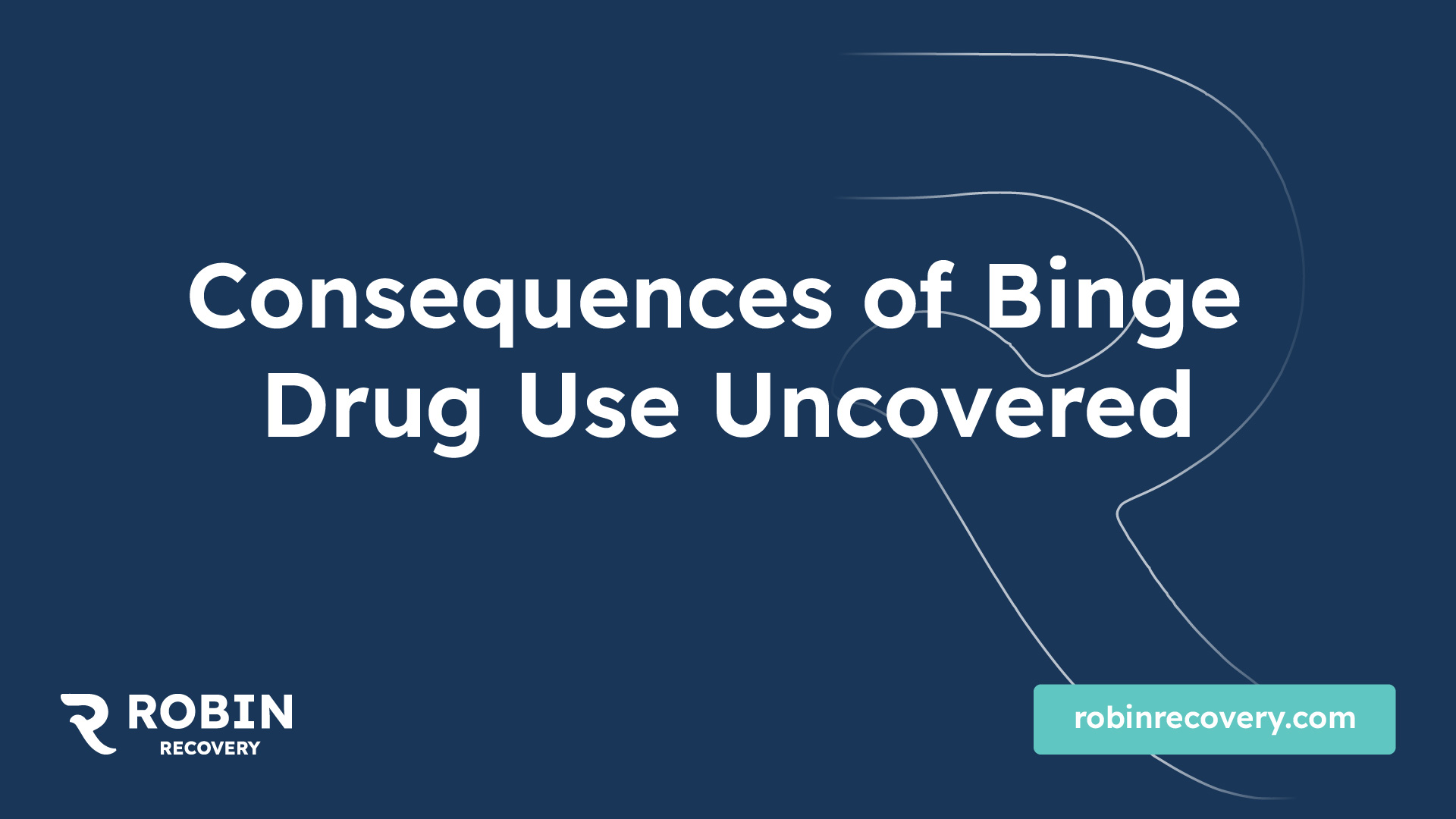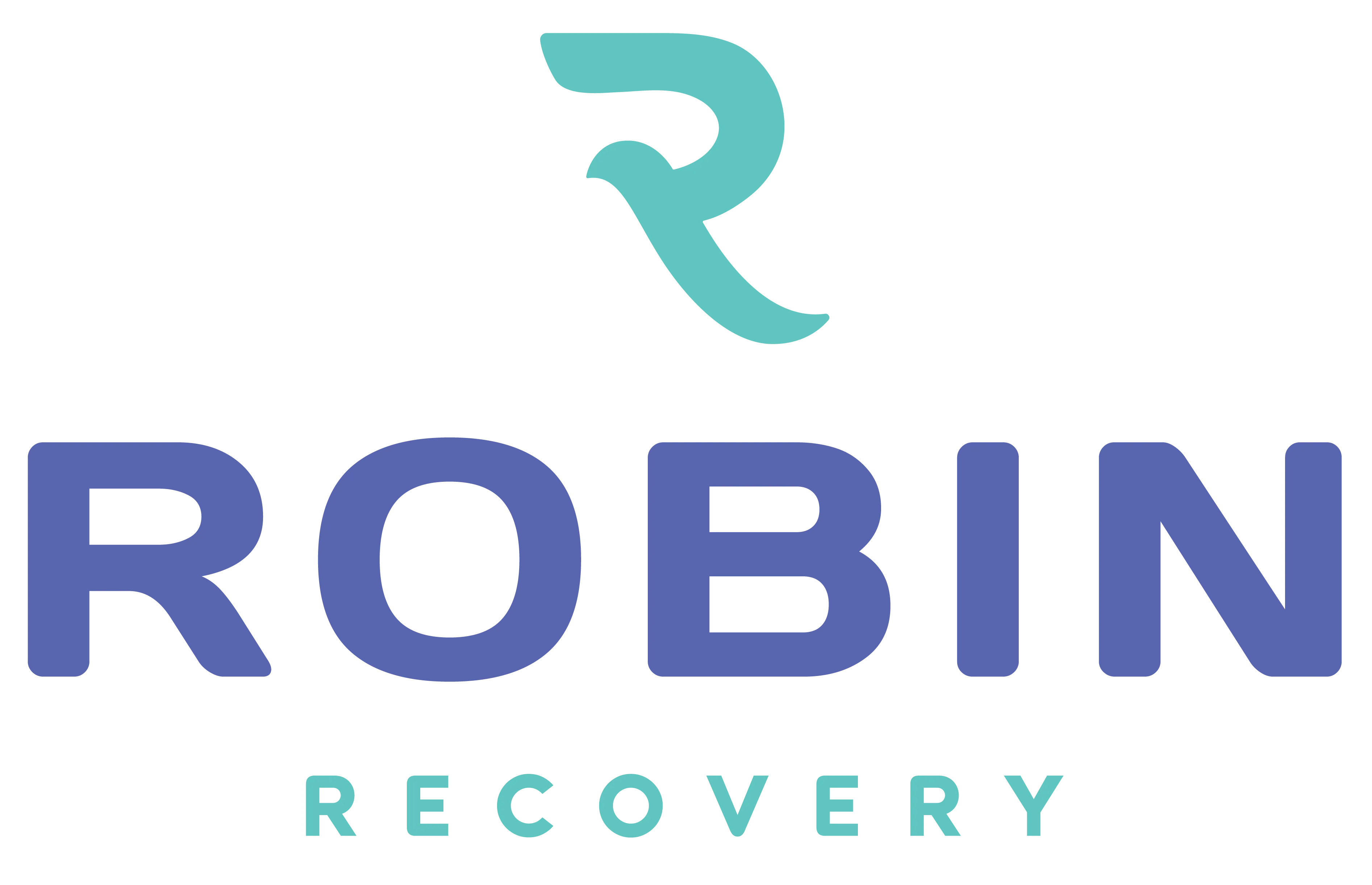Understanding Addiction
Binge drug use poses significant risks that can profoundly impact both physical health and psychological well-being. Understanding these implications is crucial in recognizing the dangers of binge drug use.

Impact on Physical Health
The consequences of substance misuse can be severe and wide-ranging. Frequent binge drinking, for example, can lead to a host of chronic health problems, including:
Health ConcernSubstance CategoryEffectCirrhosis of the liverAlcoholChronic liver damageHeart damageAlcohol, OpioidsCardiovascular issuesCognitive declineAlcohol, MarijuanaImpaired thinkingCannabinoid hyperemesisMarijuanaSevere nausea/vomitingPsychotic symptomsMeth (long-term use)Hallucinations, paranoia
Psychological Effects
The mental health implications of binge drug use can be just as devastating. Chronic use of substances can lead to serious psychological conditions that affect emotional and mental stability.
Maintaining awareness of these health consequences is vital for individuals and communities in understanding and addressing the dangers of binge drug use. Efforts to prevent and treat addiction must incorporate both physical and psychological health considerations. For more detailed insights into the signs of substance misuse, readers may refer to signs of drug use in men or learn about related workplace issues in drug use in the workplace.
Dangers of Binge Drug Use
Binge drug use can result in numerous negative effects on both physical and mental health. Understanding the risks associated with this behavior is crucial for making informed decisions regarding substance use.
Short-Term Risks
The short-term effects of binge drug use can vary depending on the substance consumed. Generally, these effects can occur rapidly and may include:
SubstanceShort-Term RisksAlcoholImpaired cognitive functioning, increased risk of accidents, nausea, and potential overdose (Stanford University - Vaden Health Services)OpioidsRespiratory depression, extreme drowsiness, and risk of overdose (American Addiction Centers)MethIncreased heart rate, anxiety, and risk of stroke or heart attack (American Addiction Centers)MarijuanaAnxiety, paranoia, and impaired short-term memory (American Addiction Centers)
Bingeing can lead to severe consequences, including potential overdose and immediate health crises.
Long-Term Consequences
The long-term effects of binge drug use can be devastating and may impact various bodily systems. Chronic misuse of substances can lead to significant health complications that may persist long after the episodes of binge use have ended.
SubstanceLong-Term ConsequencesAlcoholDependency, chronic liver disease, cognitive impairments, and various cancers (Stanford University - Vaden Health Services)OpioidsLong-term opioid misuse is linked to organ damage and chronic pain issues (American Addiction Centers)MethSevere dental problems, skin sores, and significant weight loss (American Addiction Centers)MarijuanaLasting effects on mental health, including anxiety and the potential for cannabinoid hyperemesis syndrome, which can cause severe nausea and vomiting (American Addiction Centers)
The dangers of binge drug use extend far beyond the immediate effects seen after consumption, potentially leading to chronic health issues and psychological problems that can drastically affect a person's quality of life. It's essential for individuals to be aware of these risks and to seek help if they or someone they know is struggling with substance use. For more detailed insights, refer to related topics such as anger is a d word and the acronym halt.
Substance Misuse Statistics
Understanding the scope of substance misuse is critical in addressing the issue effectively. Below are statistics that illustrate the growing concerns related to addiction and substance misuse in the United States.
National Helpline Data
The National Helpline, run by SAMHSA, is a vital resource for individuals seeking help with substance use issues. In 2020, the Helpline received 833,598 calls, marking a 27 percent increase from the 656,953 calls received in 2019 [3]. This substantial rise in calls suggests an increasing number of individuals facing challenges related to substance misuse.
YearCalls ReceivedPercent Increase2019656,953-2020833,59827%
Prevalence of Drug Use
Substance misuse has wide-reaching implications for society. In 2015, 47.7 million Americans reported using an illicit drug or misusing a prescription medication within the past year. Additionally, 66.7 million individuals engaged in binge drinking in the past month, and 27.9 million admitted to self-reported driving under the influence (DUI) during the past year [4]. These figures highlight the prevalence of risky behaviors associated with alcohol and drug use.
YearIllicit Drug UseBinge DrinkingDUI Reports201547.7 million66.7 million27.9 million
The economic impact of substance misuse is also substantial. It was estimated in 2015 that substance misuse and substance use disorders cost society $442 billion annually in health care costs, lost productivity, and criminal justice expenses [4].
These statistics provide a clear picture of the dangers of binge drug use and the urgent need for effective intervention and treatment strategies for those affected by addiction. For additional information on addressing addiction, readers may refer to our sections on anger is a d word and the dangers of mixing alcohol and energy drinks.
Racial and Ethnic Disparities
Impact on Hispanic/Latina Women
Hispanic/Latina women in the U.S. exhibit distinct patterns of substance use compared to their male counterparts. Notably, they demonstrate higher rates of abstinence and less frequent drinking. Among the subgroups, Mexican-American women report the highest rates of frequent heavy drinking despite the overall trend of higher abstinence NCBI Bookshelf. Acculturation and country of origin significantly influence illicit drug use patterns. For instance, Puerto Rican and Cuban-American women are more likely to use opiates, whereas Mexican-American women report higher rates of methamphetamine use.
In treatment settings, data from 2006 indicates that Hispanic/Latina women admitted for substance abuse often cite opiates (19% of cases) as their primary substance, followed closely by cocaine/crack (18%), marijuana (14%), and methamphetamine. The variation in the primary substance of abuse reflects differing backgrounds, with specific subgroups preferring certain drugs.
Substance TypePercentage Among Hispanic/Latina WomenOpiates19%Cocaine/Crack18%Marijuana14%MethamphetamineData not specified but notable among Mexican-Americans
Treatment Admissions Trends
The trends in treatment admissions highlight the disparities faced by different racial and ethnic groups. In recent years, factors such as socioeconomic status, psychosocial stressors, and cultural influences have complicated access to treatment for many individuals, particularly among minority groups.
African-American women’s treatment admissions for alcohol have shown a decline, but they continue to represent significant percentages related to cocaine/crack (35%) and opioids, primarily heroin (18%) NCBI Bookshelf. On the other hand, from 1994 to 1999, the admissions for Asian and Pacific Americans increased by 37%, despite this demographic representing a small portion of the U.S. population.
Ethnic GroupMajor Substances ReportedTreatment Admission %Hispanic/Latina WomenOpiates, Cocaine/CrackNot specifiedAfrican-American WomenAlcohol (25%), Cocaine/Crack (35%)SignificantAsian and Pacific AmericansVariedIncreased by 37%
Understanding these disparities is crucial for developing effective interventions and addressing the dangers of binge drug use. Programs designed for these populations must consider cultural, economic, and social factors to be successful. Gender-responsive, strengths-based models are particularly important for providing support within these communities, ensuring effective treatment and recovery pathways.
Brain Changes in Addiction
Understanding how addiction affects the brain is essential for recognizing the dangers of binge drug use. These changes impact both behavior and physical health, as addiction fundamentally alters the neurobiological landscape.
Neurobiological Effects
Chronic drug use leads to significant alterations in the brain's stress and dopamine pathways. The activation of these pathways during acute and chronic substance use results in a downregulation of mesolimbic dopamine, which reduces both basal and stimulated dopamine levels. This phenomenon has been observed in preclinical studies [5].
With regular drug use, individuals may experience heightened cravings and increased drug-seeking behaviors due to these neurobiological changes. The acute withdrawal states, characterized by symptoms such as irritability, anxiety, and emotional distress, further complicate the addiction cycle and increase the likelihood of relapse [5].
NeurotransmitterEffect of Drug UseDopamineReduced levels affecting pleasure and motivationCortisol (Stress Hormone)Increased, leading to stress-related symptoms
Cycles of Addiction
The addiction process can be broken down into a three-stage cycle: binge/intoxication, withdrawal/negative affect, and preoccupation/anticipation. This framework illustrates the dramatic changes occurring in various brain regions involved in addiction, including the basal ganglia, extended amygdala, and prefrontal cortex [6].
Each brain region involved plays a crucial role across these stages. The changes in brain function during addiction underscore the complexity of substance use disorders and highlight the need for effective treatment strategies [6].
Understanding these neurobiological and cyclical changes is vital for addressing addiction and mitigating its consequences. For more insights into treatment approaches, explore our section on addressing addiction.
Addressing Addiction
The issue of addiction, particularly the dangers of binge drug use, necessitates a combination of effective treatment approaches and ongoing research efforts aimed at improving recovery outcomes.
Treatment Approaches
Addiction treatment varies, focusing on individual needs and the specific substance misused. Increasingly, comprehensive strategies that combine medical, psychological, and social support are being employed.
Treatment TypeDescriptionBehavioral TherapyHelps individuals recognize and change unhealthy behaviors and thought patterns.Medication-Assisted TreatmentUtilizes medications alongside counseling and behavioral therapies. Commonly used for opioid and alcohol addictions.Support GroupsIncludes peer-led groups like Alcoholics Anonymous (AA) that provide community support.Cognitive Behavioral Therapy (CBT)Aims to change negative thinking patterns related to addiction.
According to the Surgeon General's Report on Alcohol, Drugs, and Health, understanding the neurobiology of addiction has led to the development of effective medications. These medications specifically target various use disorders, including those related to alcohol, opioids, and nicotine.
Ongoing Research Efforts
Research continues to play a critical role in addressing addiction. Ongoing studies focus on improving treatment options and understanding underlying neurobiological mechanisms. Key areas of research include:
Efforts to understand addiction on both a physiological and psychological level are crucial for developing more effective interventions. Engaging in ongoing research not only promotes awareness of addiction's complexities but also fosters advancements in treatment that can benefit those affected by substance misuse. For more information on behavioral support, check out our article on drug use in the workplace, where the impact of addiction in various settings is explored.
References
[2]:
[3]:
[4]:
[5]:
[6]:

.svg)

.svg)

.svg)
.svg)






































































































